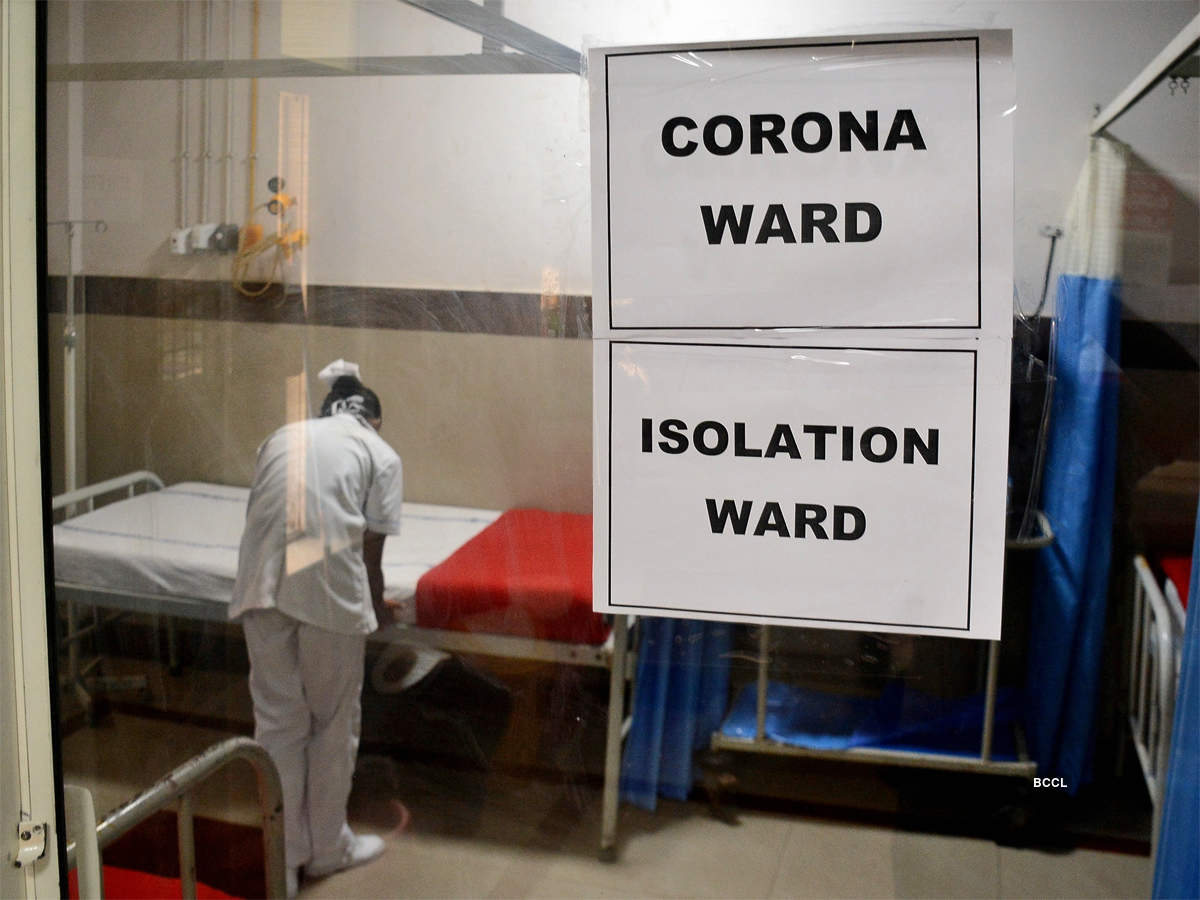Isolation: How It Is Different To Social Distancing?
Coronavirus (COVID-19) has taken over the world. Everyone is in isolation, but how does this differ to social distancing?
Image Source/ The Irish Times
What is isolation?
Isolation is for those who have symptoms of coronavirus and, if applicable, their family members or housemates.
The latest health advice is to stay home and avoid close contact with anyone – even those in your home! This is especially relevant if you live with a vulnerable person, i.e. people with long term conditions or people over the age of 70.
If you or anyone in your household develops symptoms of the corona virus, they must begin a 7 day isolation from when the symptoms started. Other members of that household also have to isolate, but this time for 14 days.
Image Source/ BBC
A fortnight alone can have an affect on your mental health, but there are some things which you can do to try and help it.
If possible, stay in a room with a window so that you can get some natural sunlight as well as some picturesque views. You could also use this time to catch up on TV shows or start that hobby you never had time to before.
How this differs to social distancing:
The main aim of social distancing is to prevent the virus from spreading.
Boris Johnson has given the UK four reasons for leaving their home:
-
Exercise – alone, or with members of your household
-
Buying food and basic necessities
-
Any medical need, or providing care for a vulnerable person
-
Travel to or from work, but only when you cannot work from home
This means that you cannot visit your friends or family.
If you do go outside for a walk or exercise, you must stay at least two metres (six feet) away from others.
When you re-enter your home, it is vital that you wash your hands with soap and water for at least twenty seconds.
In 2011, Kate Winslet starred in the movie, Contagion. The film is scarily similar to our current climate, in that a virus creates a global pandemic with scientists rushing to create a vaccine.
Kate, who played a scientist, made a video explaining how to most effectively wash your hands (which she learnt from professional scientists).
Video Source/ YouTube
Who is most vulnerable to COVID-19?
Certain groups of people are thought to be at an extremely high risk of contracting a severe illness with coronavirus:
-
have had solid organ transplants
-
have cancer and are receiving active chemotherapy
-
have lung cancer and are either receiving or previously received radical radiotherapy
-
have cancers of the blood or bone marrow, who are at any stage of treatment
-
are receiving immunotherapy or other continuing antibody treatments for cancer
-
are receiving other targeted cancer treatments which can affect the immune system
-
have had bone marrow or stem cell transplants in the last 6 months, or who are still taking immunosuppression drugs
-
have severe chest conditions such as cystic fibrosis or severe asthma and severe COPD
-
have rare diseases
-
are receiving immunosuppression therapies that significantly increase risk of infection
-
are pregnant with significant heart disease (congenital or acquired)
These people – and anyone who they live with – are advised to follow ‘social shielding’ measures.
What symptoms should be looking for?
The main symptoms of COVID-19 are a high temperature and/ or a new and persistent cough.
Other symptoms include fever; fatigue; aches and pains; diarrhoea; shortness of breath; sore throat; and runny nose.
If you do find yourself with symptoms, medicines which can be bought over the counter, such as paracetamol, should help to relieve some of your ailments. You should also keep hydrated – it’s recommended that you drink enough water during the day that your urine is a clear, pale colour.
Most people who are victim to the virus will have mild symptoms, but if they continue to worsen, the government advises that you contact NHS 111 online.
Where should I get the latest information on isolation?
During this time, there will be a lot of scaremongering from people, so it is important to get accurate developments on the virus from reputable sources such as WHO (World Health Organisation) and the BBC.
